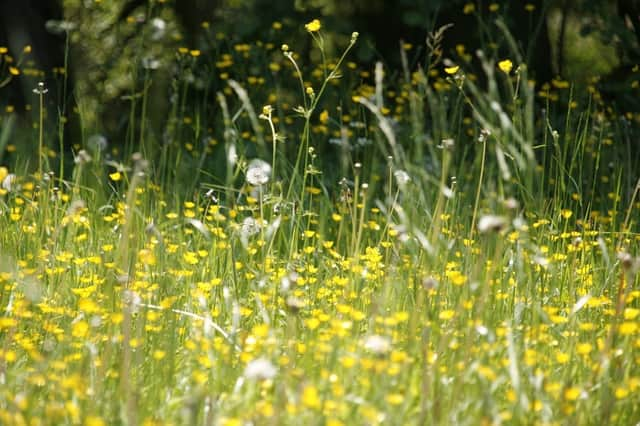HEALTH & WELLBEING: Hay fever season is here!


There's currently no cure for hay fever, but its symptoms can be reduced using a combination of lowering the amount of pollen you come into contact with, and using different types of medicines to help relieve the symptoms.
Ways to lower the amount of pollen you come into contact with include: wearing wraparound sunglasses to stop pollen getting in your eyes when you're outdoors, closing home and car windows, dry clothes indoors and take a shower and change your clothes after being outdoors to remove the pollen on your body.
Advertisement
Hide AdAdvertisement
Hide AdMany medicines that can help relieve the symptoms of hay fever can be purchased over the counter and include:
• Antihistamine tablets can help with the itching and sneezing, and can be bought from as little as 99p from a large range of shops and supermarkets and pharmacies. It should be remembered that some of these tablets can cause drowsiness.
• Antihistamine or steroid Nasal sprays are good if you particularly suffer with nasal or eye symptoms.
• Anti-inflammatory eye drops such as Sodium Chromoglycate can be useful if your eyes are particularly troublesome or if your hay fever symptoms only occur in the eyes.
Advertisement
Hide AdAdvertisement
Hide AdEach of these types of medicine can be used together to help control the symptoms of hay fever. Prescriptions for over the counter medication are costly for the NHS, with hay fever tablets costing double on prescription than for patients to buy in the local shops.